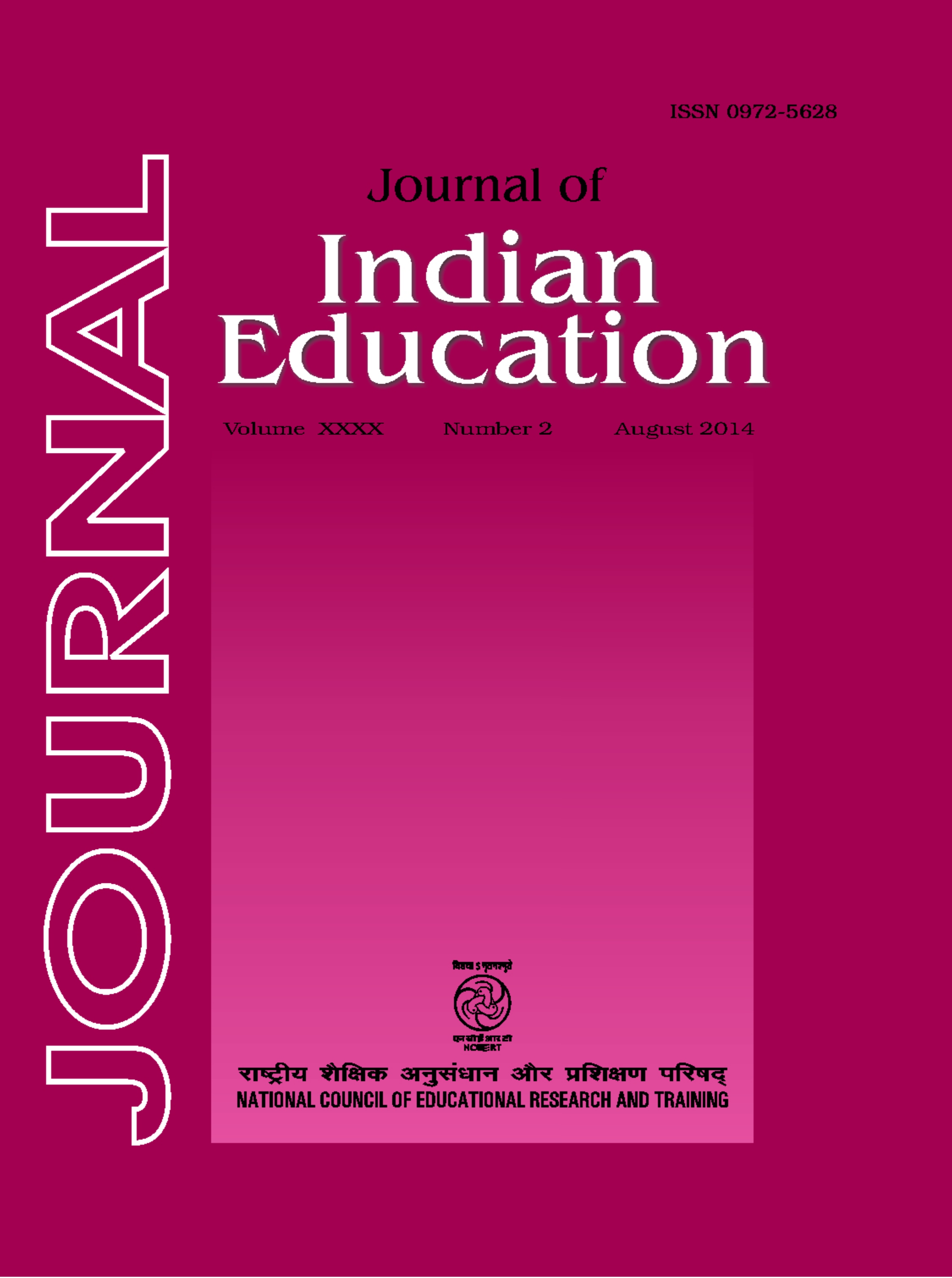Published 2014-08-31
Keywords
- Socio-Cultural,
- Developmental Psychology
How to Cite
Abstract
In this paper, “nation” has been identified as one of the core and overarching themes which underlie the different academic boundaries of social sciences in school curriculum. The theme of nation takes the form of nation-states, historical or cultural communities, and counties or smaller geographical territories in the academic subjects of political science, history and geography respectively. Nation can be considered as an important theme to be investigated with children as they tend to learn about their own nation quite early in life through various direct and indirect sources. Moreover, the theme of nation may manifest in the form of nationality, nationalism, national attitudes, national identity and even citizenship, depending upon the socio-cultural context of a particular study with children. The paper attempts to critically review and analyse the theoretical frameworks and research studies on children’s understanding on the theme of nation. It aims to present different perspectives under which the researches on children’s conceptualisation of nation have been undertaken by scholars across the world. The theoretical orientations accompanying research studies include developmental psychology perspective, political socialisation perspective and “new” social studies of childhood perspective. It will highlight how children’s understanding of nation develops and changes through the course of childhood, keeping their diverse socio-cultural contexts into consideration.

